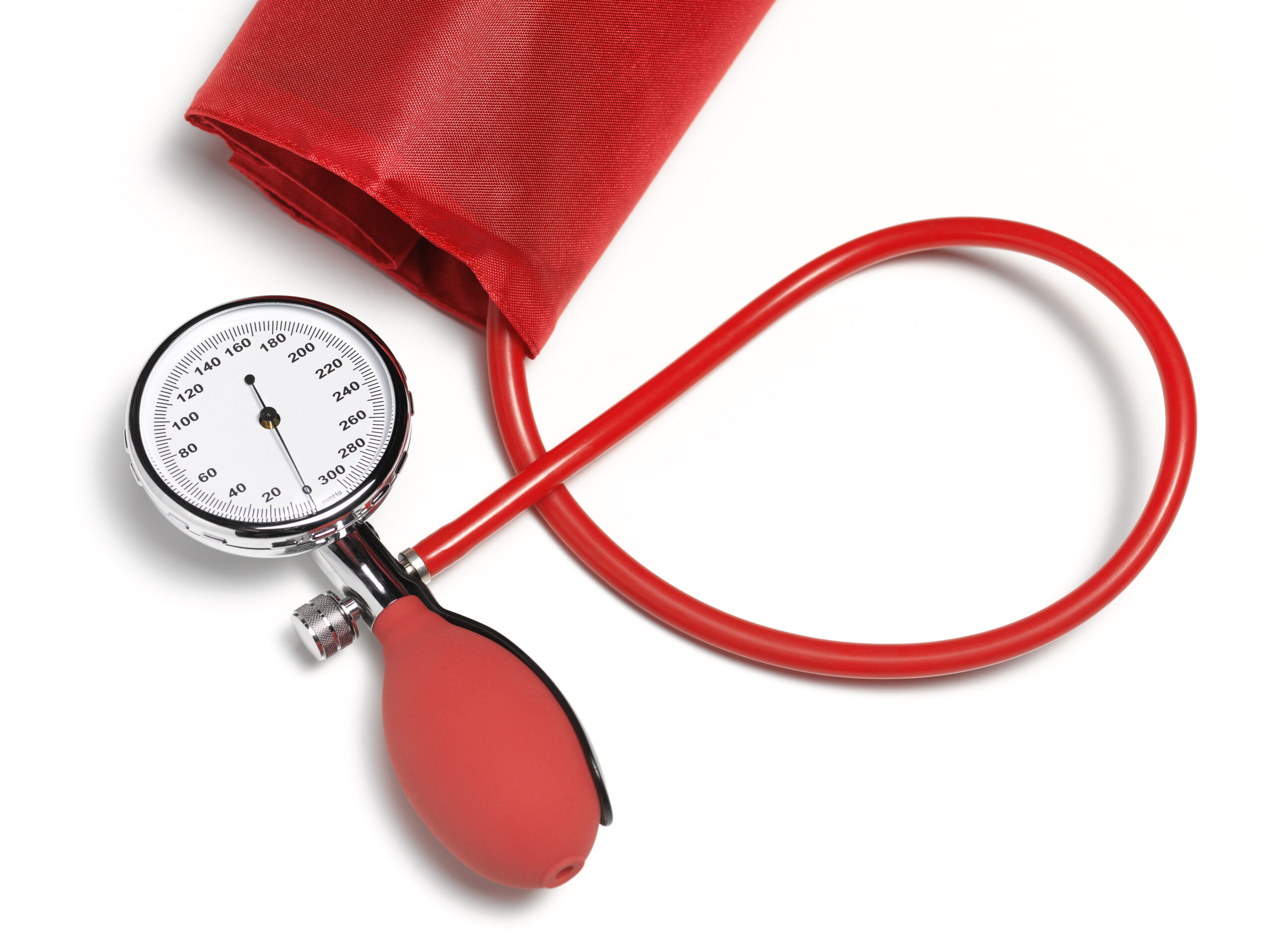When it comes to health, there’s some information you just know. For example, most of us know that breast cancer is the most common cancer to affect Australian women. It may have been drilled into you by family members, it may be the upshot of someone close to you suffering from the illness, or it might just be a fact from the TV that’s stuck with you. But, not all health statistics are quite as well-known. We’ve rounded up seven health facts that may come as a surprise.
1. One third of all cancers are preventable
According to the World Health Organisation a staggering one third of cancer diagnoses can actually be prevented. How? With changes in lifestyle. The WHO says smoking, obesity, alcohol consumption, some infections and environmental pollution are just some of the things people are exposing themselves to that can increase the risk of certain cancers.
2. One Aussie develops diabetes every five minutes
Diabetes has been called an “epidemic of the 21st century” and labelled the “biggest challenge” our health system faces today. Hyperbole? Unfortunately not when you consider that 1.7 million Australians have diabetes, more than 100,000 Australians developed diabetes in the past year and 280 Australians develop diabetes every single day. That’s one person every five minutes. The scary stats, courtesy of Diabetes Australia, highlight that diabetes diagnosis is increasing at an alarming rate. So what’s the solution? Reducing your intake of high sugar and high-fat treats, plus maintaining a healthy weight can deter the onset of diabetes.
3. One person has survived rabies without a vaccine
Three weeks after being bitten by a rabid bat in 2004, U.S. teen, Jeanna Giese, was rushed to hospital with flu-like symptoms. Hours later, the 15-year-old’s family were told she had tested positive for rabies and probably had less than a day to live. A week after being put into an induced coma with strong anti-viral medication — an experimental treatment later coined ‘The Milwaukee protocol’ — Jeanna woke up and became the first known person ever to survive rabies without a vaccine. Whilst Jeanna’s story has garnered worldwide publicity, it’s important to note that rabies vaccines are always recommended when visiting a country with a risk of rabies.
4. Australians eat fast food 51.5 million times a month
A 2014 report by Enhanced Media Metrics Australia (EMMA) found that Australians, aged 14 or over, make a staggering 51.5 million visits to fast food chains each month. The EMMA report found McDonald’s to be the country’s most popular fast food pick, followed by Subway, KFC, Hungry Jack’s and Domino’s Pizza. Judging by our nation’s current obesity rates — 63 percent of Australian adults are classed as overweight or obese according to the Australian Institute of Health and Welfare — it’s safe to say this figure hasn’t decreased since the survey was conducted three years ago.
5. Smokers have 22 per cent poorer everyday memory
A 2011 study conducted by researchers at Northumbria University in the UK found that smoking isn’t just bad for your physical health, it affects your cognitive function, too. When taking part in a memory test, smokers could only recall 59 per cent of the information, whilst those who had never smoked recalled 81 per cent. Dr Tom Heffernan, who conducted the study, said: “It’s important to understand the effects smoking has on everyday cognitive function, of which prospective memory is an excellent example.”
6. Parenthood can extend your life by two years
A recent Swedish study has found a common denominator between life expectancy and parenthood. The study, which looked at 1.4 million men and women aged over 60, found that those with at least one child had a longer life expectancy compared to childless men and women. In men, life expectancy was extended by two years after fatherhood, while mothers were found to live a 1.5 year longer than non-mums.
7. Every two seconds, someone suffers a stroke
This year alone there will be 55,000 new and recurrent strokes in Australia according to Stroke Foundation. That equates to 1,000 strokes every week and one stroke every 10 minutes. And that’s just in Australia. Globally, the figure is even scarier with 1 in 5 women predicted to suffer a stroke in their lifetime, and 1 in 6 men, meaning every two seconds, someone in the world suffers a stroke. But there is good news: over 80 per cent of strokes can be prevented. High blood pressure is one of the leading causes of stroke so lower the risk and get yours checked right now. Priceline Pharmacy offer free blood pressure checks and advice on blood pressure to everyone.
Brought to you by Priceline Pharmacy


